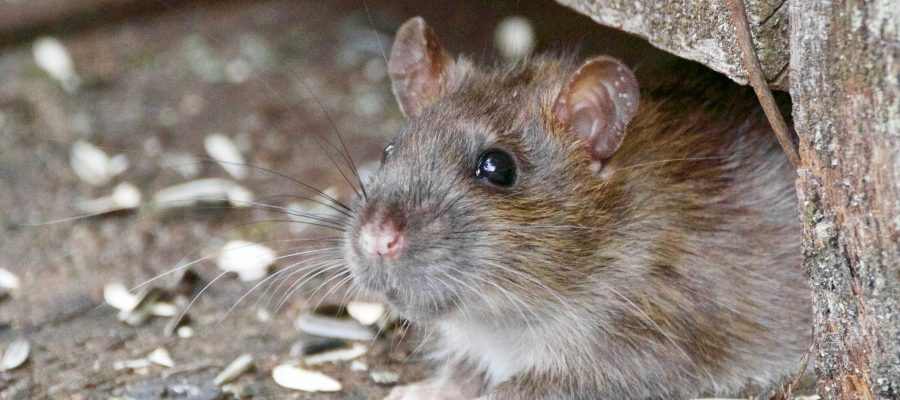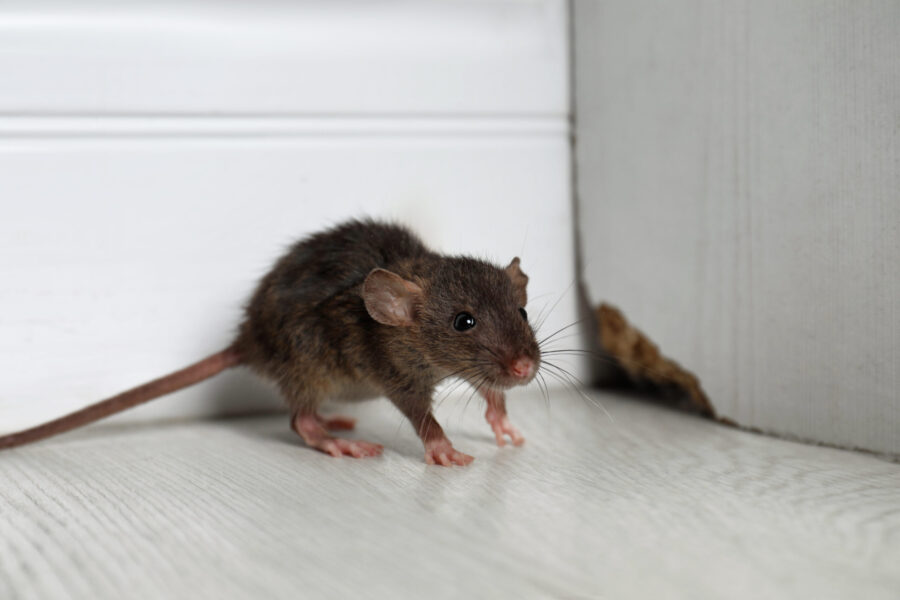Effectively managing rodent control in commercial food storage locales is vital to ensure the health and safety of food items. Rodents are more than just a simple annoyance; they pose considerable health threats and can result in significant financial losses. Understanding how to combat these pests is crucial for protecting your business and maintaining the integrity of your stock.
Commercial food storage facilities are especially at risk since they provide an abundant source of food and hiding spaces for rodents. Hence, it is important to kick off with strong rodent control measures. From preventative actions to real-time monitoring solutions, a proactive approach is necessary to shield commercial food environments from infestations.

The Significance of Rodent Control
Maintaining strict oversight of rodent numbers in commercial food establishments is of utmost importance. Rodents serve as vectors for numerous diseases that can be transmitted to humans, aside from causing severe property damage. Therefore, comprehensive rodent control strategies are essential to sustain a safe storage environment.
Baiting Systems and Traps
Incorporating baiting systems and traps is a fundamental element of any comprehensive rodent control plan. These tools, when used appropriately, are quite effective in managing and reducing rodent populations. Facilities often utilize a variety of humane traps, glue traps, snap traps, and electronic traps to tackle rodent issues.
Sanitation and Sealing Measures
Sanitation serves as the first line of defense against rodent incursions. Keeping storage areas tidy is crucial to minimize rodent attraction. This includes regular cleaning and the proper disposal of waste. Alongside sanitation, sealing gaps and crevices in the infrastructure significantly decreases entry points for rodents, controlling their access to the facility.
Real-time Monitoring Solutions
Numerous storage facilities are adopting real-time monitoring technologies to improve rodent control efforts. Sensor-based traps and integrated digital systems facilitate better management of pest control activities. These advanced systems send alerts upon pest detection, enabling swift management actions. Such modern solutions are key in staying ahead of rodent invasions.
Implementing a Proactive Pest Management Strategy
A proactive pest management strategy incorporates regular inspections and maintenance protocols. Training staff to recognize signs of rodent activity and to handle pest control equipment properly is integral to this approach. Employees should be vigilant in reporting rodent sightings to ensure a rodent-free environment.
Additionally, organizations like Eversor provide specialized pest control guidelines tailored for food storage facilities, which can be very helpful in implementing effective pest control measures.
The Role of Professional Pest Control Services
Enlisting professional pest control services can greatly enhance the effectiveness of an existing rodent management plan. These experts conduct thorough inspections and develop customized action plans that tackle the unique challenges of commercial food storage settings. They have access to advanced pest control tools and the specialized knowledge needed to ensure compliance with health regulations.
Conclusion
Successful rodent control in commercial food storage requires a concerted effort utilizing various strategies and tools. From improving sanitation, adopting preventive infrastructure measures, embracing real-time monitoring technologies, to leveraging professional pest management services, maintaining a rodent-free commercial storage area necessitates ongoing vigilance. For further details on industry practices and methodologies, consider visiting McCloud Services.

Frequently Asked Questions
What are warning signs of rodent infestation in commercial storage?
Common indicators of rodent activity in storage areas include droppings, chewing marks, and unusual scratching sounds. Routine inspections can help catch these signs early.
How often should rodent inspections be conducted?
Rodent inspections are ideally conducted on a monthly basis; however, more frequent checks may be necessary in high-risk locations or during certain seasons prone to infestations.
Are natural deterrents effective for rodent control?
While natural deterrents like peppermint oil and ultrasonic repellents can complement an integrated pest management strategy, they may not be completely effective on their own. They are most effective when used alongside traditional pest control methods.
This article contains affiliate links. We may earn a commission at no extra cost to you.
